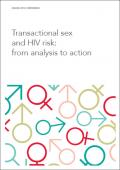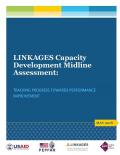Publications on Female Sex Workers (FSW)
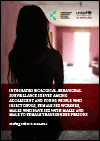
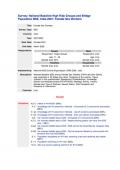
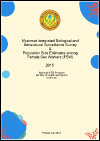
The objectives of the survey were to collect data which can be used to track the HIV epidemic among FSW and guide the response in terms of providing prevention, care and treatment services for this population. Key measures of the survey included HIV seroprevalence, key risk behavior data, service utilization, experience with stigma and discrimination, and estimates of population size. The eligibility criteria for the survey were women aged 15-49 years old, currently living or working in the survey city, and who sold sex for cash or kind in the last 12 months.
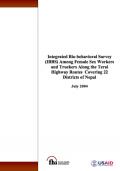
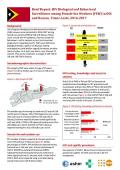
HIV Integrated Biological and Behavioural Surveillance (IBBS) surveys were conducted in 2016-2017 among female sex workers (FSW) in Dili and Baucau, Timor-Leste to track the HIV epidemic, monitor sexual risk behaviours, and to measure access to intervention programs in responding to HIV. FSW were defined as biological females, aged 17 to 49 years, having exchanged sex (anal and/or vaginal) for money or other items of value, to at least two clients, over the past 12 months. This survey resulted in a sample of 202 FSW in Dili and 110 FSW in Baucau.
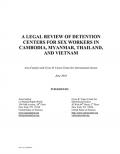
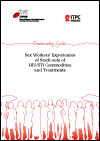
Sex workers experienced stock-outs of antiretroviral drugs for HIV in more than half of the countries that responded to the consultation, in all types of health care settings. Sex workers experience forced treatment interruptions and involuntary medication changes due to stock-outs, and are forced to travel long distances to access commodities and treatments due to stock-outs in their local areas. This ultimately leads to a lack of trust in health services and systems.






